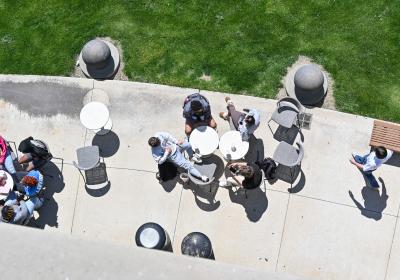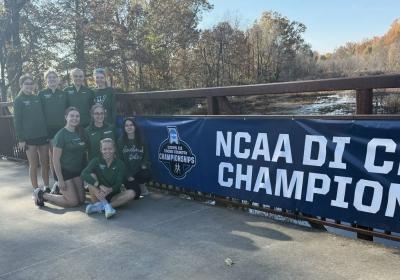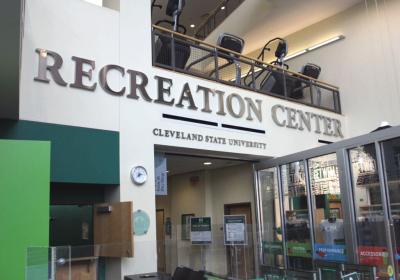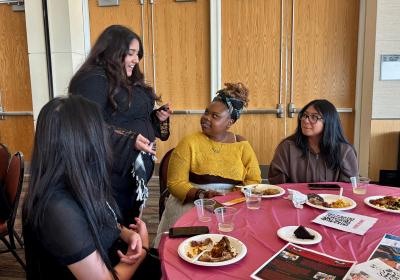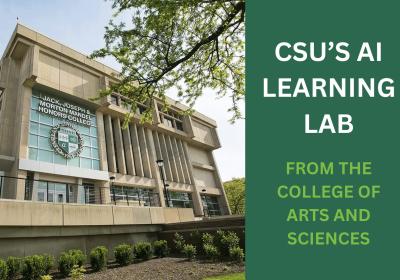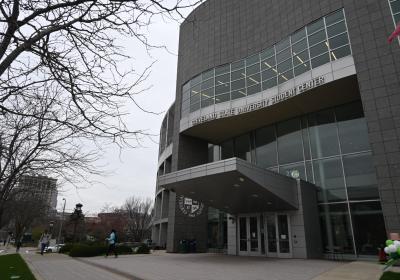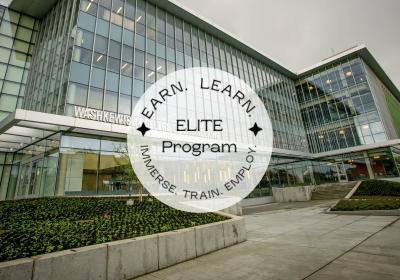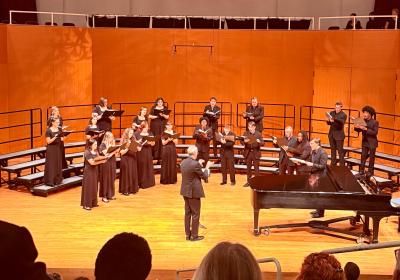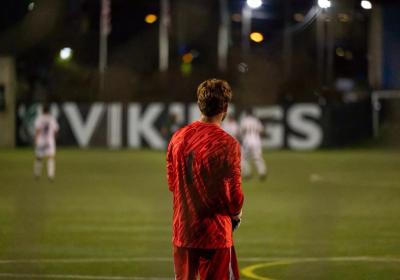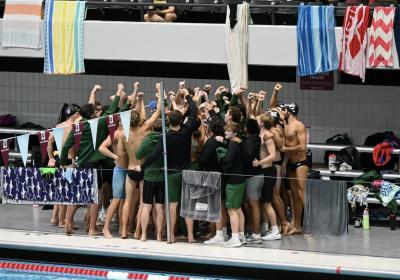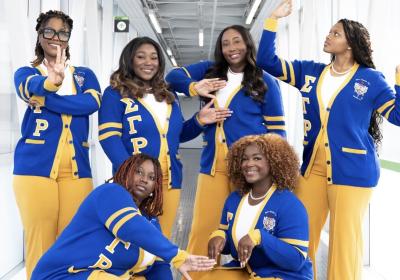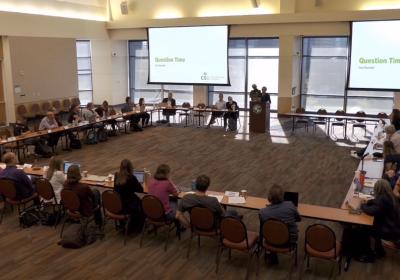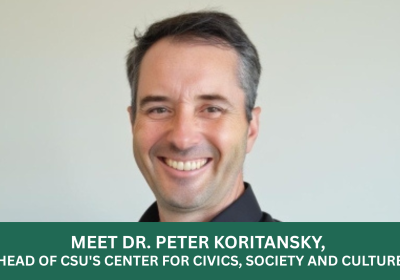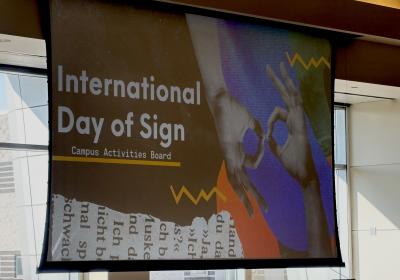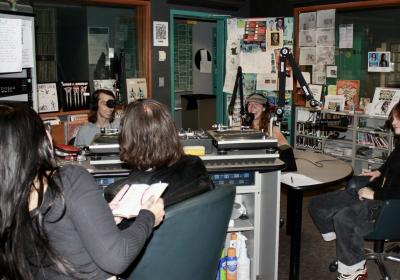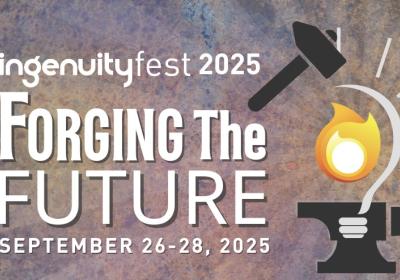Faculty Senate receives academic misconduct update
The Cleveland State University Faculty Senate received an update on the university’s efforts to control online cheating when it met for its first monthly meeting of 2020.
Interim Vice Provost of Academic Misconduct John Holcomb described his department’s investigations into “contract cheating” – the practice of students hiring a third party to log into their Blackboard account and complete coursework in exchange for payment.
Holcomb said his department became aware of the issue through a tip from the auditor’s office and the university’s ethics hotline and worked with the information security and technology department to identify students who were using the services.
“My colleagues and myself investigated 110 students and 48 were charged with major or minor infractions of academic misconduct,” he said. “If it was a major infraction the grade was changed to ‘F’ and a note was made on the student’s transcript.”
The good news, said Holcomb, is that the Fall 2019 semester saw a dramatic change in login activity – meaning students are learning of Cleveland State’s efforts to crack down on academic misconduct.
While he acknowledged that keeping up with students on a technological level would be, “very difficult, if not impossible,” Holcomb said he and his team have been working extensively alongside Blackboard to provide instructors with tools to monitor students’ accounts for illicit activity.
“There are going to be new tools available to faculty members in their courses so they can follow up with their students in real time if this activity continues,” he said. “There are going to be ways to flag foreign submissions and a two-week window of recent login history – especially if it’s from foreign countries.”
Program Changes
Carole Heyward, Ph.D., presented a host of changes to graduate and undergraduate programs, as well as two program suspensions.
In graduate programs, the department of teacher education proposed program changes to the formerly named Master of Early Childhood Education and the Teaching English to Speakers of Other Languages (TESOL) Graduate Certificate program.
The first motion proposed that the Master of Early Childhood Education program -- which grants licensure to teach from preschool through Grade 3 -- extend the license through Grade 5 and change the name to P-5 Education.
The second graduate program change proposed to add EST 573 (Practicum in TESOL) as an option for students to take in place of EDL 510 (Pedagogical Grammar) while enrolled in the TESOL Graduate Certificate program.
Heyward also introduced a motion from the psychology department to suspend the Master of Psychology Diversity Management Specialization, citing a “lack of fit within the department.”
Rather than eliminate the program, the department’s faculty voted to suspend it so that “an inter-disciplinary approach could be taken to revise the program,” according to the handout given to attendees.
All motions pertaining to graduate programs passed without objection.
For undergraduate programs, Heyward introduced eight program changes, a program suspension, and the addition of a Military AALAME (Africa, Asia, Latin America, Middle East) Waiver as well as a civic engagement skill area.
According to the proposal written by Director of General Education Marian Bleeke to the faculty senate, the introduction of the Military AALAME Waiver comes in response to a 2019 report from the Ohio Department of Higher Education asking higher education institutions to seek out ways to grant general education credit for, “experiences and training that students may have gained during military service.”
To qualify for the waiver, a student must have served abroad in the U.S. military in Africa, Asia, Latin America, and/or the Middle East for at least three months and the service abroad must have taken place less than 10 years prior to the student’s admission to Cleveland State.
Additionally, the student must have had significant interactions with the local population and have become familiar with local culture.
The motion to add the Military AALAME Waiver passed without objection.
Bleeke’s second proposal, the addition of civic engagement as a skill area in Cleveland State’s general education program, comes at the recommendation of a 2017 report from the faculty senate ad hoc committee on general education.
Each class at Cleveland State is required to be approved for at least two skill areas, except for capstone courses which require three. Civic engagement would become the seventh skill area, along with critical thinking, group work, information literacy, oral communication, quantitative literacy, and writing.
According to Bleeke, the addition of civic engagement as a skill area would have the effect of “highlighting the university’s commitment to engaged learning” and “developing students’ skills in real-world situations.”
Following a few questions regarding certain language in the proposal, the motion to add the skill area passed without objection.
The eight undergraduate program changes also passed without objection, while the suspension of the Bachelor of Science in Physical Education and Sport with Multi-Age Licensure in Health Education and Physical Education passed with one objection.
Next, Marvin Thrash, Ph.D., took the podium as a representative of the admissions and standards committee to propose the addition of a Graduate Certificate Program in Healthcare Management, offered by the Monte Ahuja College of Business.
Comprised of five classes, the 15-credit hour program aims to, “prepare students for careers in healthcare administration, offer those currently in the health care field context specific knowledge to assist in their professional aspirations, and to potentially encourage those who might be interested in the Healthcare MBA,” according to the handout provided to those in attendance.
The motion passed without objection.
In other business, William Bowen, Ph.D., serving his second term as president of the faculty senate, detailed some of the position’s duties for any faculty members who might be interested in filling the role.
Between attending meetings with the Ohio Faculty Council, hosting faculty senate meetings, and serving as the face of Cleveland State’s faculty, Bowen said the position will keep its occupant on their toes for the duration of their tenure.
“If you’re one of those people who believes that you would have no energy if it wasn’t for considerable amounts of stress in your life – being faculty senate president will give you an abundance of energy,” said a laughing Bowen.
The senate also heard eulogies for Professor Emeritus Everett F. Cataldo and Associate Professor Emeritus Louis R. Barbato.
The next faculty senate meeting is scheduled to take place in the Cleveland-Marshall College of Law building’s Moot Court at 3:00 P.M. on March 4.











